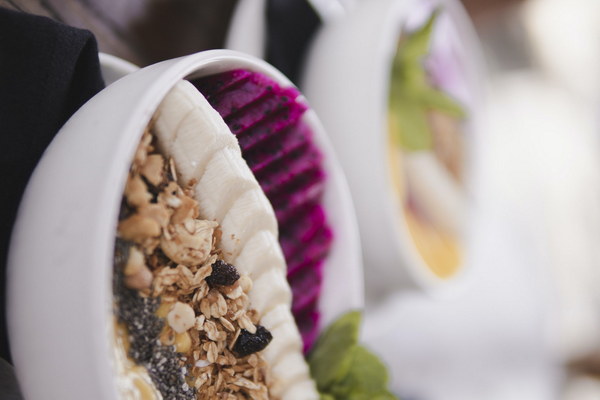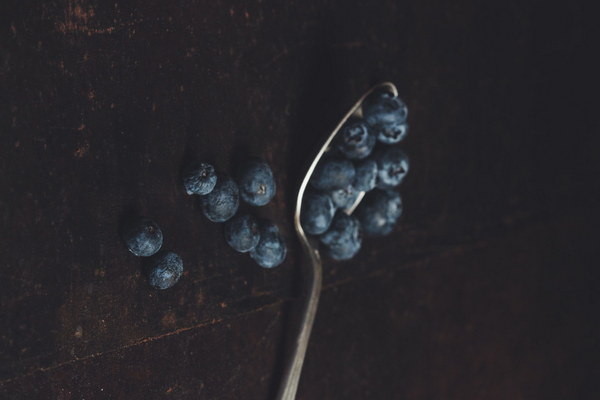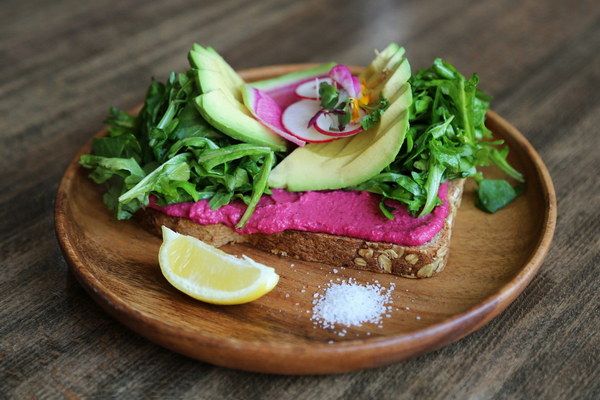Mastering the Art of Beauty An In-Depth Guide to Skincare Education
Introduction:
In today's fast-paced world, taking care of your skin has become more important than ever. As the saying goes, beauty starts from within, but it's also crucial to understand the science behind skincare. This article aims to provide an in-depth guide to skincare education, covering essential topics and tips to help you achieve healthy, radiant skin.
1. Understanding Your Skin:
Before diving into the world of skincare, it's important to understand your skin type. There are four main skin types: normal, dry, oily, and combination. Each type requires a different approach to maintain its health and beauty.
a. Normal skin: Characterized by a balanced oil and moisture level, normal skin requires a gentle yet effective skincare routine.
b. Dry skin: Dry skin lacks moisture, resulting in flakiness and tightness. It's important to use hydrating products and avoid harsh cleansers.
c. Oily skin: Oily skin produces an excess of sebum, leading to clogged pores and breakouts. A balancing routine that controls oil production is essential.
d. Combination skin: Combination skin has both oily and dry areas. It's important to target the oily areas without stripping the dry ones.
2. The Basics of a Skincare Routine:
A well-rounded skincare routine should include cleansing, toning, exfoliating, treating, and moisturizing. Here's a breakdown of each step:
a. Cleansing: Cleansing removes dirt, oil, and impurities from the skin. Use a gentle cleanser suited for your skin type.
b. Toning: Toning helps balance the skin's pH level and prepare it for other products. Choose a toner that suits your skin type.
c. Exfoliating: Exfoliation removes dead skin cells and promotes cell turnover. Depending on your skin type, use a physical or chemical exfoliant once or twice a week.
d. Treating: Treatments target specific skin concerns, such as acne, dark spots, and fine lines. Products like serums, spot treatments, and masks can help address these issues.
e. Moisturizing: Moisturizing keeps the skin hydrated and plump. Choose a moisturizer that suits your skin type and addresses any specific concerns.
3. Sun Protection:
Sun protection is a vital component of any skincare routine. UV rays can cause premature aging, dark spots, and even skin cancer. Apply a broad-spectrum sunscreen with an SPF of 30 or higher every day, even on cloudy days.
4. Ingredients to Watch Out For:
Some skincare ingredients can cause irritation or allergic reactions. Here are a few to be aware of:
a. Alcohol: Alcohol can strip the skin of its natural oils, leading to dryness and irritation.
b. Retinoids: Retinoids can be harsh on the skin, causing redness, peeling, and dryness. Start with a lower concentration and gradually increase as your skin adjusts.
c. Fragrances: Fragrances can cause irritation and allergic reactions. Opt for fragrance-free products if you have sensitive skin.
5. Skincare for Specific Concerns:
a. Acne: Use a combination of benzoyl peroxide, salicylic acid, and niacinamide to treat acne. Keep your skin clean and avoid touching your face.

b. Dark spots and hyperpigmentation: Use hydroquinone, vitamin C, or niacinamide to lighten dark spots. Protect your skin from the sun and use a broad-spectrum sunscreen.
c. Fine lines and wrinkles: Use retinoids, peptides, and vitamin C to reduce the appearance of fine lines and wrinkles. Incorporate a moisturizer with hyaluronic acid for added hydration.
Conclusion:
Skincare education is a journey that requires patience and dedication. By understanding your skin type, following a proper skincare routine, and using the right products, you can achieve healthy, radiant skin. Remember to consult with a dermatologist or skincare professional if you have specific concerns or need personalized advice. With the right knowledge and products, you can master the art of beauty and achieve the skin of your dreams.









